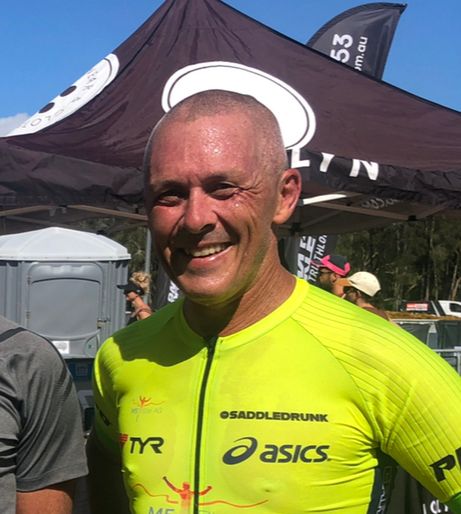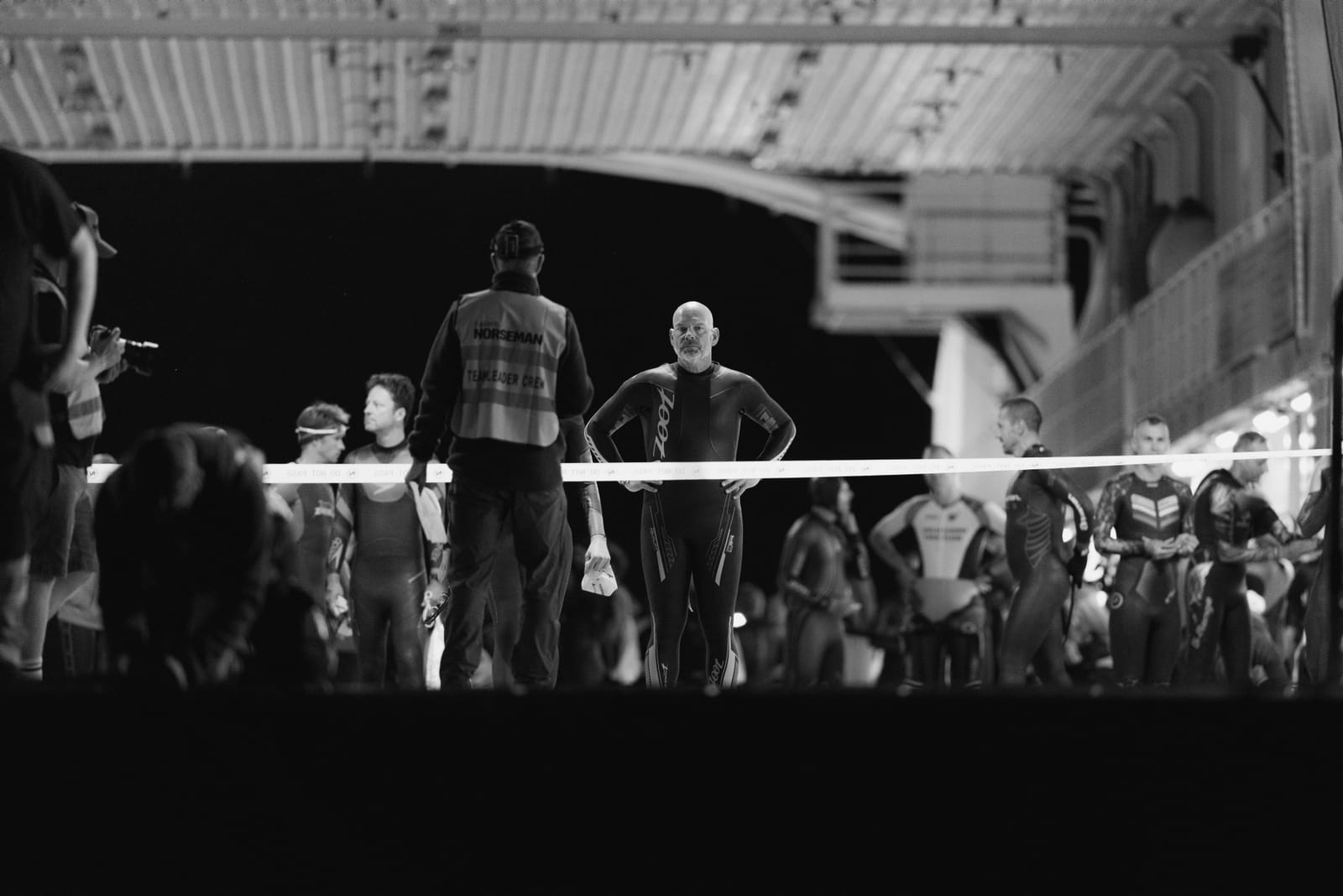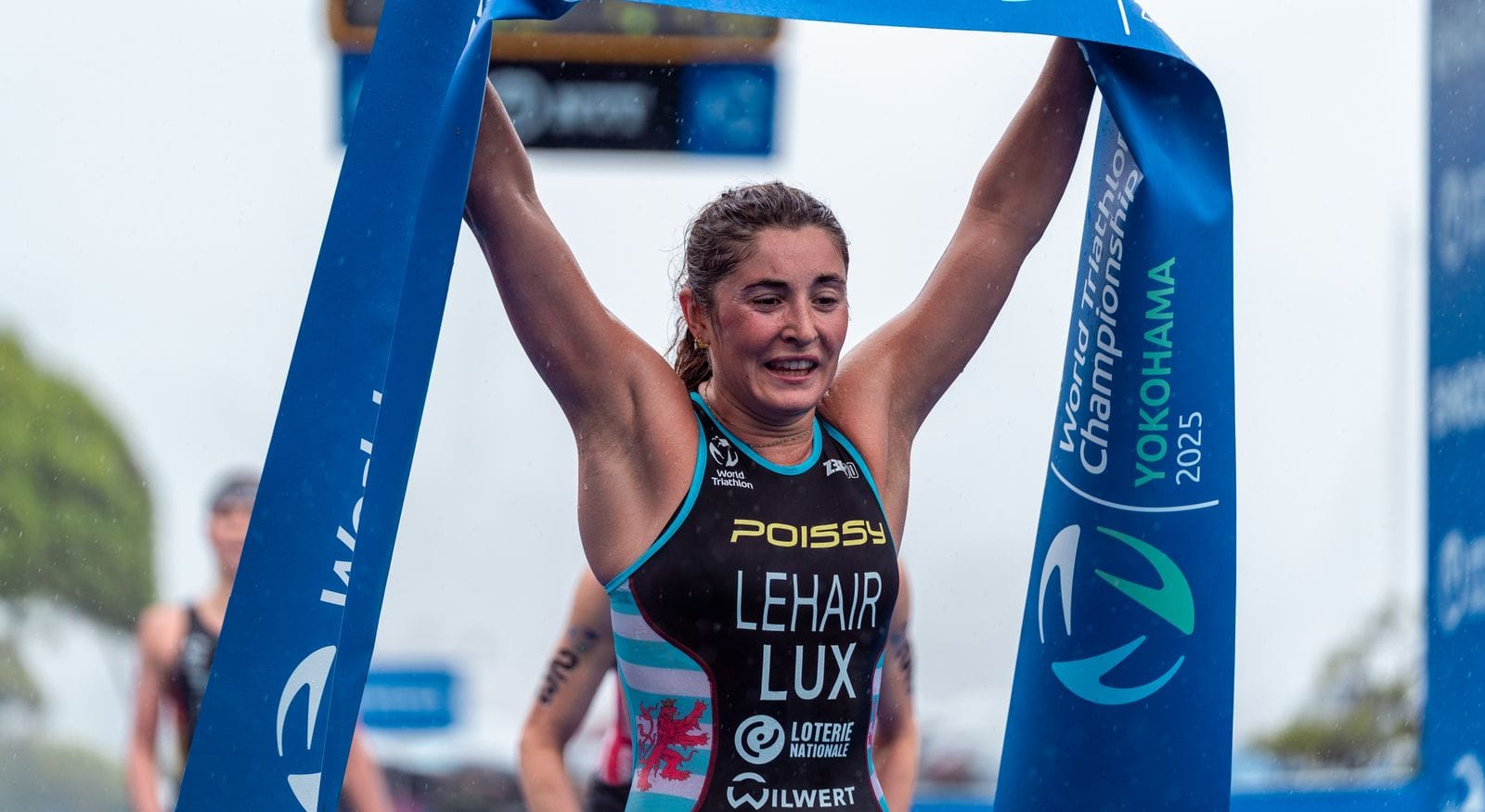Triathlon Australia has dissolved the existing Challenge Series format in favour of established races. The decision comes on the back of last month’s Annual General Meeting that saw the election of a new President and Board determined to adopt a unified and cooperative approach for the betterment of the sport.
Following a sweeping review and consultation with numerous industry bodies, Triathlon Australia has dissolved the existing Challenge Series format in favour of established races. The decision comes on the back of last month’s Annual General Meeting that saw the election of a new President and Board determined to adopt a unified and cooperative approach for the betterment of the sport.
Triathlon Australia immediately sought input from its state triathlon associations, participants in the previous series, the TA high performance unit and engaged an experienced event director, Garth Prowd, as an external consultant to assist with a review of the series. Triathlon Australia President, Peter Hedge, said making immediate and significant changes to the Challenge Series was the only responsible course of action that could be taken.
“It was clear from the review that the Challenge Series had failed to meet the organisation’s expectations and deliver on its original objectives,” Mr Hedge said. “The series, in its existing format, was not financially viable at this stage and faced significant logistical hurdles, so the Board has decided to withdraw from the series now in order to protect the interests of our members and the sport.”
This decision has led to four races in the 2010 calendar being cancelled. The cancelled races are Geelong on January 17, Hobart on February 14, Sydney on March 7 and Adelaide on March 20-21. Arrangements are already being made to advise those who have entered these races of the changes and to refund their entry fees.
Races in Canberra (January 24) will still go ahead on this date, though it will now be known as the Canberra Capital Triathlon and run by Triathlon ACT.
For those athletes wanting to qualify for the Australian age group team at the 2010 World Championships in Budapest, alternate selection races have already been identified. All other races previously nominated as selection races will continue as selection races, while Challenge Series qualifying races have been replaced by a number of established and locally run races in other states.
The Australian championship races, which were to be held as part of the races in Adelaide have been reallocated, with the Age Group Olympic Distance Championships to be held as part of the Canberra Capital Triathlon on January 24. An announcement will be made shortly to confirm the locations of the Australian Age Group Sprint Distance Championships and Australian Age Group Duathlon Championships that were to also be held as part of the Adelaide Challenge.
Races in the 2XU Australian Junior Triathlon Series remain unchanged in Canberra and Wellington, while Hobart has been cancelled and an alternate race will be advised. The open elite series is now under review. The race in Queensland’s Raby Bay (February 28) is confirmed; however, the Hobart (February 14) and Sydney (March 7) races have been cancelled.
“These changes have not been made lightly and having now relieved itself of the Challenge Series, Triathlon Australia is free to implement pro-active initiatives that will lift the profile of the sport and its athletes, facilitate delivery of a unified race calendar, and improve services to our members,” Mr Hedge said.
“We regret that these changes will disrupt those few athletes who have already entered the cancelled events and TA will endeavour to assist these athletes to enter an alternate qualifying race should they have difficulty submitting entries at this late stage.
The Board is confident this initiative is in the long term interests of the sport and the new Board of Triathlon Australia plans to work closely with its state associations, experienced race directors, our athletes and members to develop a collaborative approach and clear direction for a high profile national series in 2011 and beyond.






